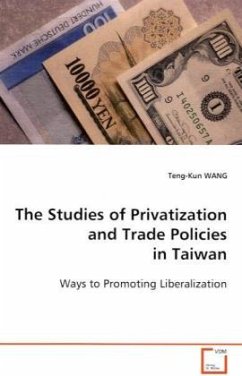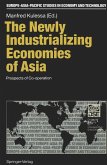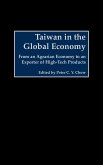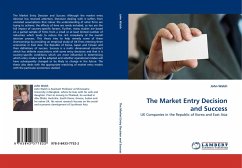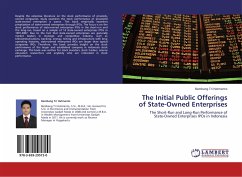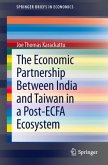This academic book presents theoretical and
empirical analyses of economic and trade policies in
Taiwan. The first part concentrates on international
trade by developing a theoretical model of strategic
export promotion when domestic and foreign firms can
affect the policy-making by engaging in lobbying.
Lobbying not only decreases national welfare but it
also hurts the lobbying party itself. Then it
consider the implementation of antidumping laws in
Taiwan. We use a Probit analysis that allows for
selection bias to explain the actual decisions. The
results provide some evidence that is not purely
legalistic, i.e. political factors. The
second part considers the railroad in Taiwan. It has
long been dominated by a single state-owned
enterprise. As liberalization and privatisation are
considered, we estimate a detailed model of demand
for passenger between city pairs by using panel
data. This enables us to understand the ntensity of
the competition provided by other modes of
transportation and to evaluate the effectiveness of
possible strategies. Some valuable suggestions will
be provided for the railway future performance if
privatised.
empirical analyses of economic and trade policies in
Taiwan. The first part concentrates on international
trade by developing a theoretical model of strategic
export promotion when domestic and foreign firms can
affect the policy-making by engaging in lobbying.
Lobbying not only decreases national welfare but it
also hurts the lobbying party itself. Then it
consider the implementation of antidumping laws in
Taiwan. We use a Probit analysis that allows for
selection bias to explain the actual decisions. The
results provide some evidence that is not purely
legalistic, i.e. political factors. The
second part considers the railroad in Taiwan. It has
long been dominated by a single state-owned
enterprise. As liberalization and privatisation are
considered, we estimate a detailed model of demand
for passenger between city pairs by using panel
data. This enables us to understand the ntensity of
the competition provided by other modes of
transportation and to evaluate the effectiveness of
possible strategies. Some valuable suggestions will
be provided for the railway future performance if
privatised.

